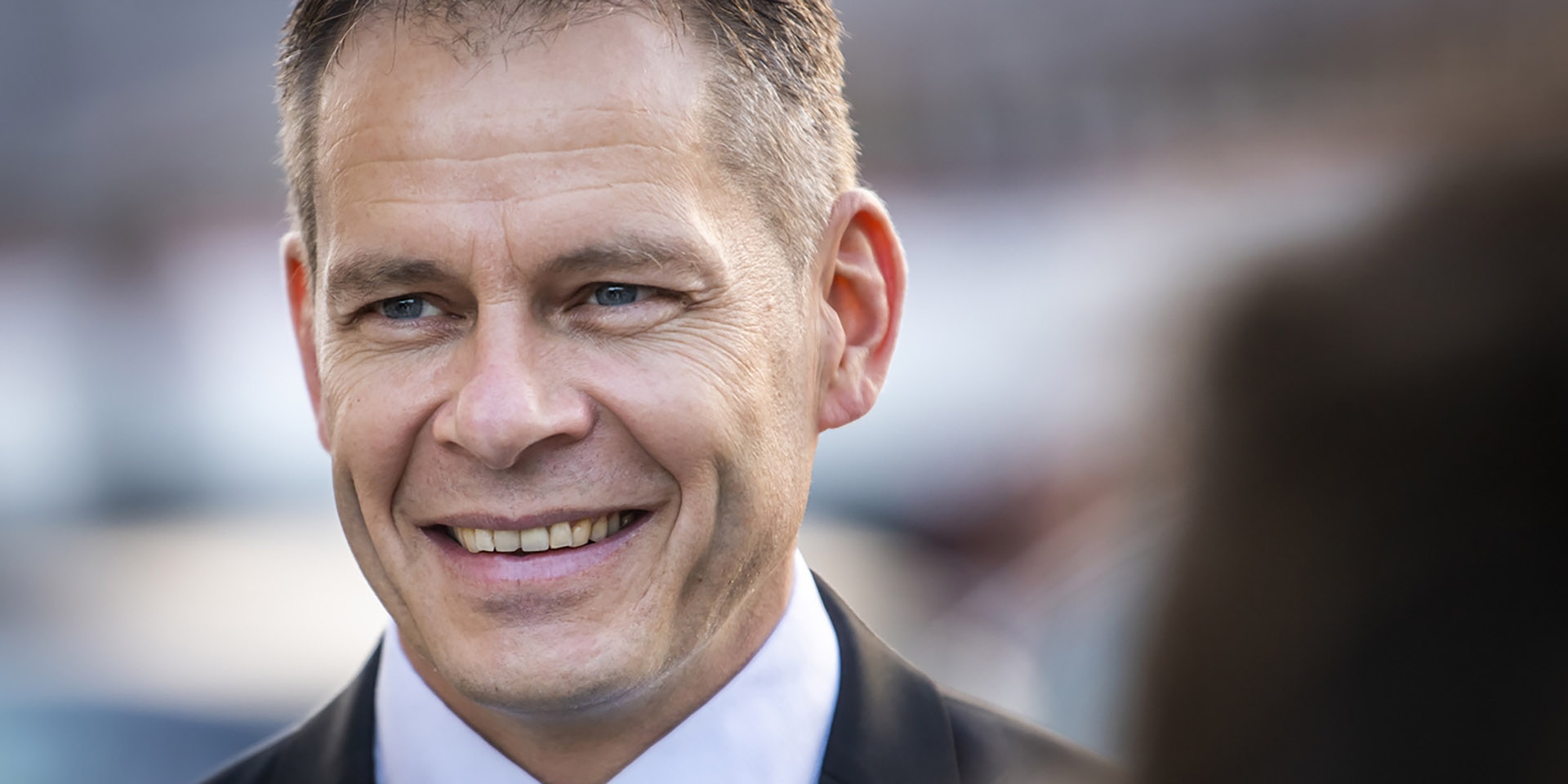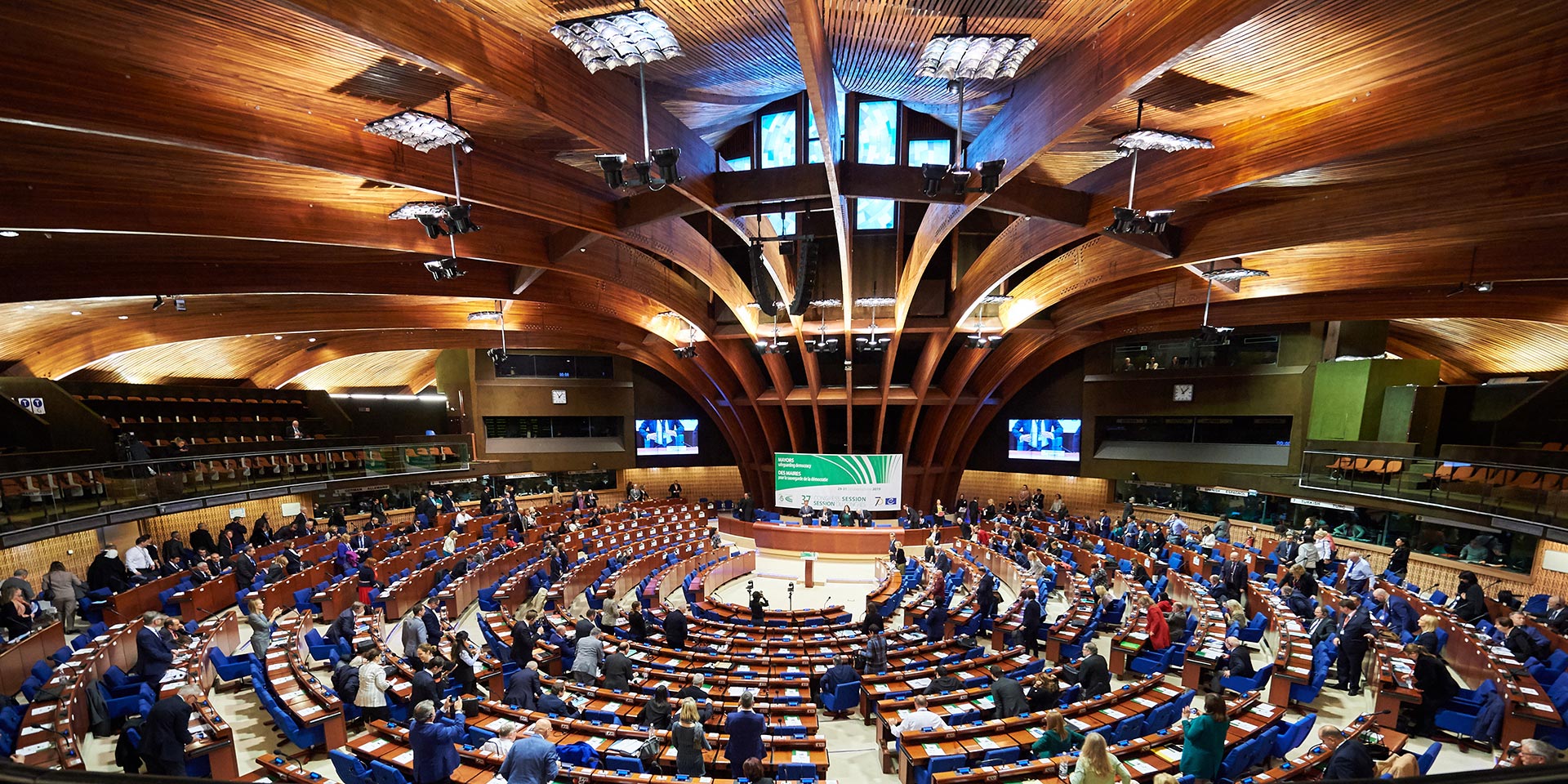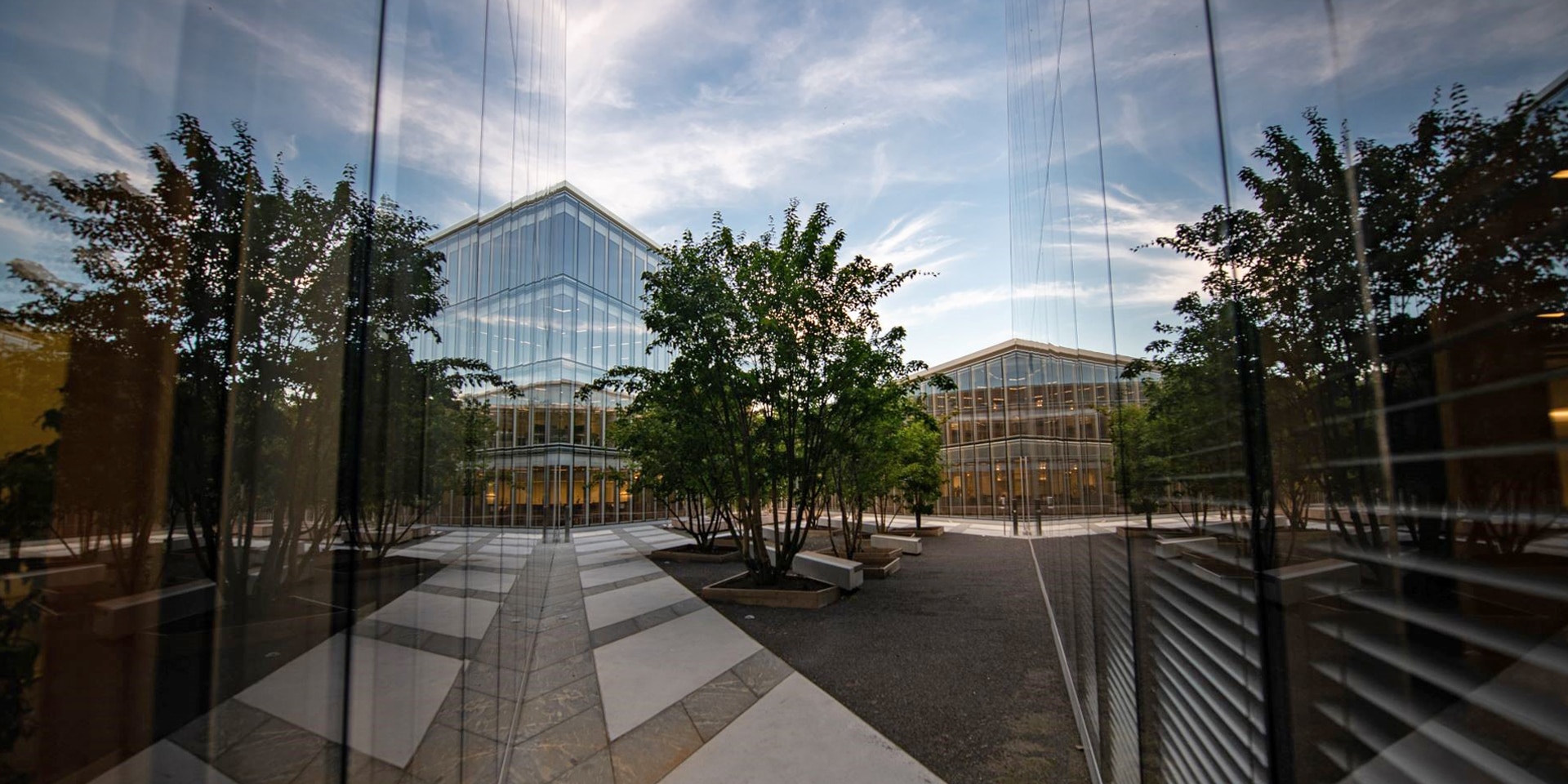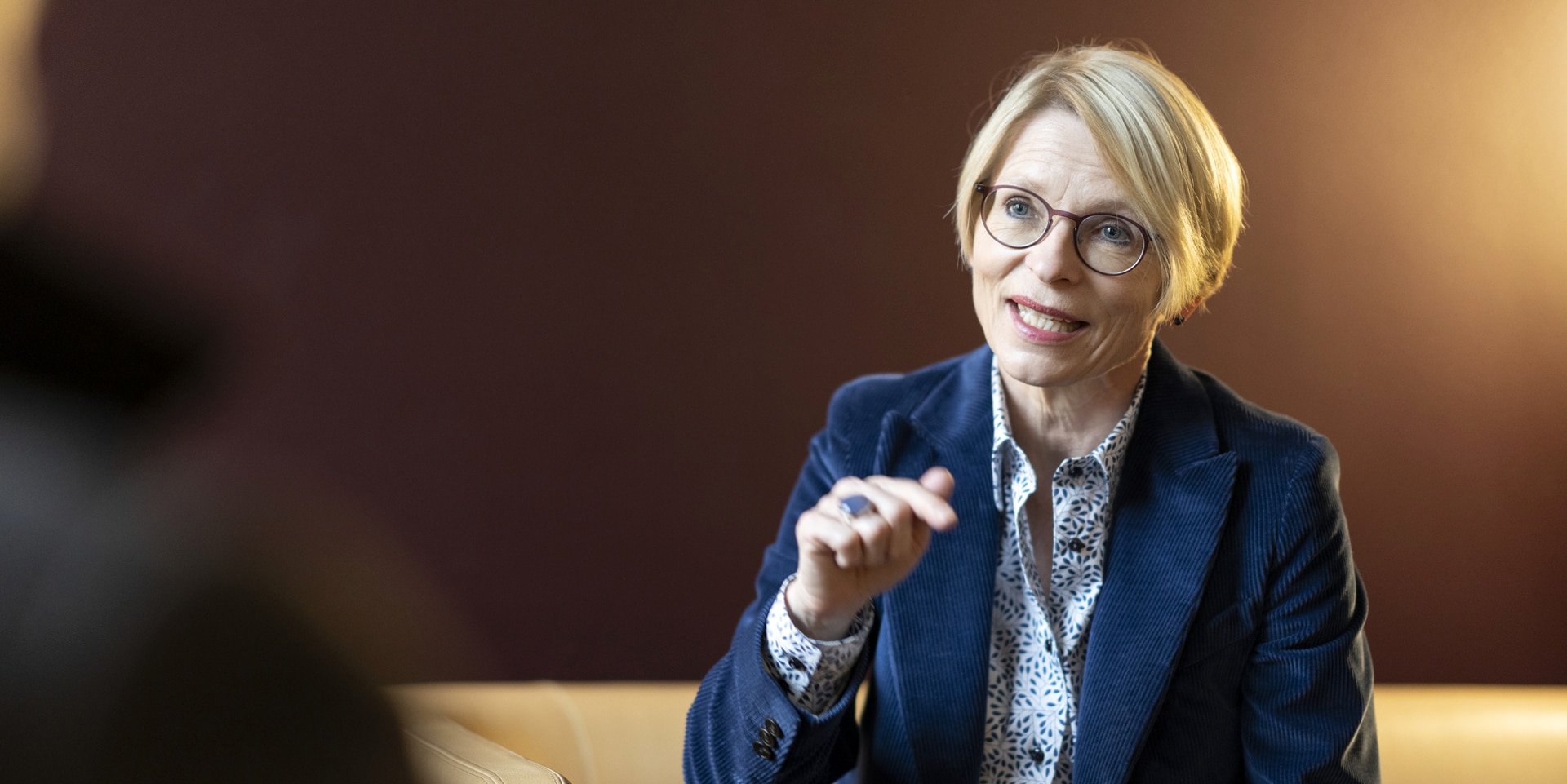"Switzerland’s Democracy comes up frequently in discussions within the Congress"
President of the Congress of Local and Regional Authorities of the Council of Europe, Leendert Verbeek, is visiting Switzerland between 30 April and 3 May. The aim of the visit is to present Swiss federalism in situ. David Eray, president of the Cantonal Council of Jura and head of the Swiss delegation to the Congress, is accompanying Mr Verbeek on his trip, which will also include a visit to the Landsgemeinde in Glarus. Interview.

David Eray will accompany the President of the Congress on his tour of Switzerland until 3 May. © Keystone
Mr Eray, this is Congress President Leendert Verbeek's first trip to Switzerland. As the president of the Cantonal Council and head of the Swiss delegation, what do you expect from this visit?
Switzerland comes up frequently in discussions within the Congress. The aim is therefore to give the Congress President a first-hand experience of the distinctive features and operation of direct democracy at regional level. And, more importantly, in my capacity as president of the Cantonal Council and head of the Swiss delegation I'll be honoured to receive Mr Verbeek in Switzerland.
The programme includes a visit to the Landsgemeinde in Glarus. What (positive) aspects of Swiss democracy in action will be demonstrated to the Congress?
Firstly, it should be noted that visits have already been postponed twice due to the pandemic. Attendance at a Council meeting in a small commune was previously scheduled for both visits.
On this occasion, a scheduled Landsgemeinde in Glarus coincided with the dates of the visit. It's therefore a perfect opportunity for Mr Verbeek to see citizens of the canton gathering in a public space to take decisions, including decisions on matters that are highly important. Showing that people can express their opinions, vote for or against a motion and even take the floor is therefore a key part of the process.
The 2017 monitoring report produced by the Congress described Swiss federalism as 'particularly positive'. The aim of this visit is to present federalism in situ. Is there also an element of showcasing Swiss federalism in action?
A Landsgemeinde is certainly an impressive sight for people from other European countries where direct democracy is not an ingrained part of the political culture. It is also an opportunity to prove that the view of Switzerland in the 2017 report was correct. We will also be able to tell Mr Verbeek about the separation of powers between the Confederation, the cantons and the communes, which is another crucial aspect of Swiss democracy. In some other European countries powers are not sufficiently devolved to the regions or the regions lack the funds to take effective action. Switzerland's approach is therefore clearer and more coherent than elsewhere in Europe.
What is so important to see in a Landsgemeinde or a communal assembly?
The popular cohesion is very strong in the assemblies or in a Landsgemeinde. It is a democracy on a human scale. It also reminds us how important human contact is in society. I personally live in a small village in the Jura. During the communal assemblies, I can see the social links being forged between the whole population, even if they do not agree on certain objects put out for consultation. This reality is worth observing.
Official meetings are also scheduled, including with the mayor of Bern, Alec von Graffenried. Does this demonstrate that Swiss domestic policy also feeds into foreign policy?
We have valuable mechanisms in Switzerland enabling federal, cantonal and local authorities to discuss, cooperate and coordinate on issues. This prevents cantons from pursuing a cantonal foreign policy that is at odds with other cantons or the federal government. There is strong support for this approach in Switzerland and it is appropriate that it should be included in the talks.
We talked about the division of competences between the Confederation, the cantons and the municipalities. Could you also explain to us, as president of the cantonal government, what the Congress represents for you and your canton?
First of all, the Congress makes it possible to promote territorial democracy, to improve regional and local governance and to strengthen the autonomy of communities. This is particularly true through the application of the principles contained in the European Charter of Local Self-Government.
Then, more specifically, being a Congress delegate also changes my way of working. Having the opportunity to see how democracy is implemented elsewhere, in other regions and countries, allows me to evolve personally. I remember, for example, the municipality of Linkebeek, in Belgium, which we visited. The visit allowed us to question certain principles of democracy, and in particular the language policy that was in force there. These questions concern us as well. This visit and others allow us to become even more aware of how to promote and make democracy work at home. Even if Swiss federalism is effective, we can always learn from elsewhere.
You were appointed as the Swiss delegate to the Congress in 2018. Would you describe the Congress's upcoming visit as one of the highlights of your term of office?
This is an important event for everyone in the Swiss delegation especially. Congress's monitoring visit to Switzerland in 2015 was another important event. We will not just receive a monitoring report, but the head of the Congress is also making an official visit to Switzerland. Mr Verbeek will have the opportunity to meet and talk to relevant people. From a personal point of view, the visit will, of course, be one of the highlights of my term of office.
In December 2021, you were appointed Congress spokesperson on digitalisation and artificial intelligence. What can Switzerland bring to the table in Strasbourg on this issue?
While it's a good thing that Switzerland's foreign policy strategy prioritises digitalisation, I also think that Switzerland has some catching up to do compared to other countries. We welcome the action taken by the Federal Council and the cantons to set up Digital Public Services Switzerland. Three federal councillors, six cantonal representatives, including myself, and three representatives from the communes.
Switzerland has specific digital expertise to contribute, including taxpayer programmes and online counters which are being developed in a number of cantons. We can also draw on private sector know-how in relation to document encryption for example. We also have data centres in several cantons located in areas of low seismic risk which are not prone to flooding and powered by renewable energy sources. Switzerland therefore has a unique set of strengths in relation to digitalisation.
What about artificial intelligence?
This is a rather different issue. One of the Council of Europe's key concerns is to ensure that democracy can't be hijacked by artificial intelligence. Certain risks have been identified and Switzerland, together with the Council of Europe, could benefit from discussions on this issue. So I think we have a great deal to learn about artificial intelligence, for example how to ensure that Europe retains a degree of autonomy from the rest of the world. These matters could also be addressed in talks between Mr Verbeek and his Swiss colleagues.
About the Congress of Local and Regional Authorities of the Council of Europe
Based in Strasbourg, the Council of Europe is Europe's oldest intergovernmental institution. Protecting and promoting human rights, democracy, and the rule of law is at the heart of its activities. The Congress of Local and Regional Authorities is one of the institutional pillars of the Council of Europe, the others being the Committee of Ministers, the Parliamentary Assembly, and the European Court of Human Rights. It is an advisory body composed of 612 elected representatives from 46 countries (306 full and 306 substitute members). The Congress's varied activities include ensuring implementation of the principles enshrined in the European Charter of Local Self-Government, coordinating local and regional election monitoring missions, and advising other bodies on local and regional policymaking.



